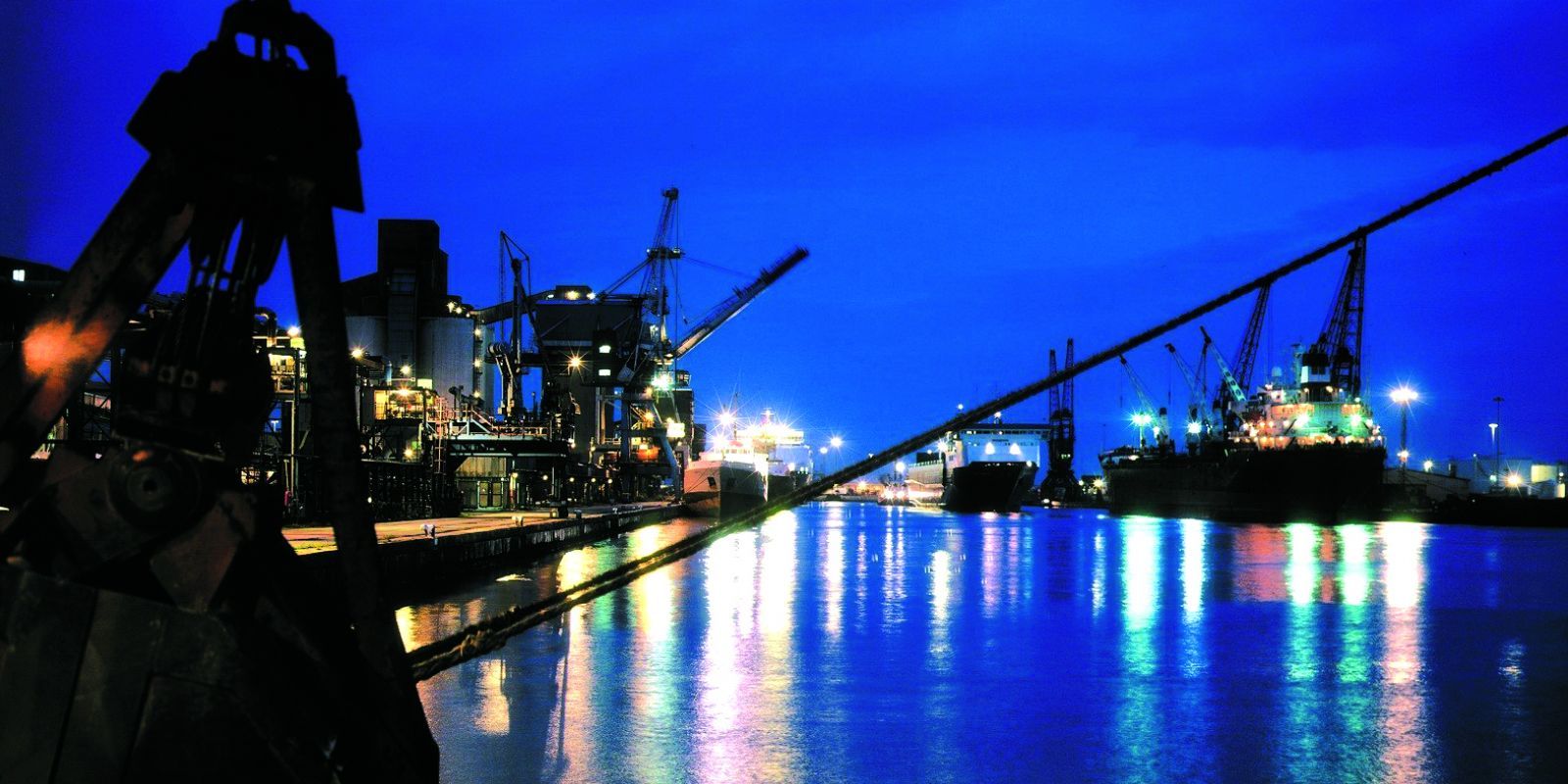Humber Freeport Update
The Humber Freeport is another of our game changers, and this spring it received government approval, allowing it to progress its ambitious vision resulting in the creation of up to 7,500 jobs and over £4 billion of private investment.
Our locally driven decarbonisation strategy will impact the rest of the UK, as the Humber becomes one of the world’s leading hubs for clean energy. Building on the availability of land and large storage sites, its proximity to sources of renewable energy, and a burgeoning skills and innovation ecosystem.
This announcement is the result of a substantial amount of hard work and commitment from all our partner organisations and companies and we are very proud that our clean energy cluster now boasts:
- Innovative energy-to-waste plants.
- Over 20 operational onshore wind farms.
- The country’s pre-eminent centres for offshore wind turbine blade manufacture, assembly, and installation.
- A leading global hub for offshore wind O&M at the Port of Grimsby.
- Various investments in hydrogen and other renewables.
Together the Humber’s ports at Immingham, Grimsby, Hull and Goole handle around 17% of the nation’s trade – more than 79 million tonnes of cargo a year (worth approximately £75bn), including the materials that supply 10% of the nation’s energy, 25% of the UK’s fuel for our vehicles, almost a third of our national timber supply. This underpins the farming, food, retail, construction, automotive and pharmaceutical sectors across the UK.
This development will have a significantly positive impact on the region with the creation of new jobs, the further development of the industrial supply chain and the recognition that the Humber’s assets are of huge value to the UK. This activity supports over 33,000 jobs in the region and contributes £2.5bn to the UK economy, and we recognise the high potential of our core clusters in the Humber and the opportunities that having a freeport will bring to our wider supply chain.
The Humber Freeport covers a 45-kilometre area right across the Humber Estuary, identifying incentivised key tax sites and customs sites that will help drive future growth and investment, generating business rates over a 25-year period that will be invested in regeneration, skills, and innovation right across the area.
Freeport tax sites will ultimately be located in three local authority areas: East Riding of Yorkshire, Hull City Council and North Lincolnshire, with the Hull East site already being progressed. In addition, the LEPs, Universities of Lincoln and Hull as well as a range of other partners in the region have committed to working with Humber Freeport to accelerate innovation across operations, products, and services.
By continuing to connect key stakeholders including local government, the private sector and educational institutions, we will attract new investment to create a hotbed for innovation and green energy, driving growth of our regional and national economies.
A Humber Freeport Innovation Liaison Group has been established to help unlock further investment in research and development to strengthen development of the area’s knowledge clusters and we are in the process of creating a new Freeport Company and its team, to maximise this fantastic opportunity for local people and the economy.


